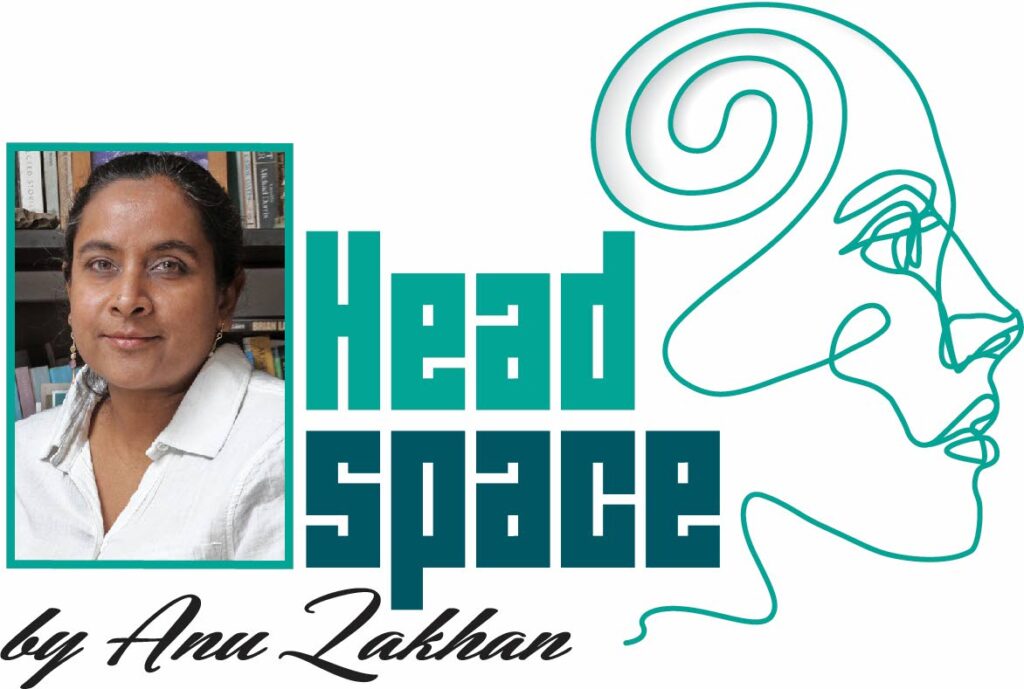The no show

You’re afraid to say no because people will think you are mean or you don’t care or you don’t like them. You’re afraid to say no because people will think you are selfish. You’re afraid to say no because you think if you do, it will prove what people have thought all along – that you are mean, uncaring and selfish – will turn out to be true.
It is not true, and we need to stop believing that. What that is, is really a whole lot of guilt and other-peopleness.
Other-peopleness is that thing that exists outside of us but has so strong a voice, it resonates inside us and impels our actions. What? Oh, right, “society” is a word that’s also used to describe “them” and the power “they” wield.
But back to no. Or rather, the want of no.
There is a lot of yessing happening all the time. I am not against yes or any forms of positive expression.
But I do believe there is a time to take a deep breath and just say no. We need no for our survival. And it’s not always necessary to turn something on its head and find an affirmative way to express it.
Saying no can be difficult, I get that. I do. Because we’ve had the yes drummed into us so loudly and for so long. Say yes to new experiences. Say yes when opportunity knocks. Say yes to love. Say yes to giving, sharing, opening up. Say yes to letting people in. Just keep saying yes and all the good things in the world will flow to you like floaty things on a stream.
All of those yeses are beautiful ideas and not exactly wrong. But unchecked, they do leave us unguarded and without boundaries.
The Power of No, published in Psychology Today in 2013, lists five situations in which no is necessary: when it keeps you true to your values and principles; protects you from exploitation; keeps you focused on your own goals; protects you from abuse; and when you need the strength to change course.
Each one of those is a whole conversation by itself, and I hope you will, actually, have a long hard look at them, maybe look up the article, and think through what those statements mean to you. Because they are big points.
No is a big word. No is that protective forcefield you’re setting up when you teach your children Stranger Danger. “Just say no” was the slogan of the late 1980s anti-drug campaign. No can save our lives, because, in some cases – and this is not an oversimplification – it’s a reality check. In some cases, people are so accustomed to others doing what they’re told (as if they’re programmed), when the no comes, it’s a shock.
All the things in the Psychology Today piece are true. They cover a lot of ground, leaving me wondering if all there is left for me to do is draw a picture of a giraffe.
But maybe there are things tucked inside the overarching points that we can unfurl.
One of the most important times no shows up for me is when I need to change my mind.
I’ve found that a lot of people are not fans of change. They are especially not fans of other people bringing change to something to which they previously agreed.
I believe it is my right to change my mind. I may or may not be sorry if this hurts someone. I may or may not feel some guilt if it causes inconvenience. But once it is changed, once the no has replaced the former yes, I’m all in for it
I’ve had a lifetime of practice. One of the things you come to accept when you have debilitating anxiety attacks, or episodes of depression that flatten you for months at a time, is that you are not always the boss of you. And that means you may have to change some of the plans you made from the time when you were the boss.
That is one type of survival. If it is not how you happen to live, it may not seem like a real problem to you. You may think, surely there is a way I can keep that appointment or finish that assignment or visit that sick aunt.
You are wrong. Being able to say, “I’m sorry. I can’t do this now,” keeps me alive when things are bad. That’s my no survival.
For your sanity, your inner peace, your independence, your self-respect, remember your no, and say it loud.
Remember to talk to your doctor or therapist if you want to know more about what you read here. In many cases, there’s no single solution or diagnosis to a mental health concern. Many people suffer from more than one condition.



Comments
"The no show"